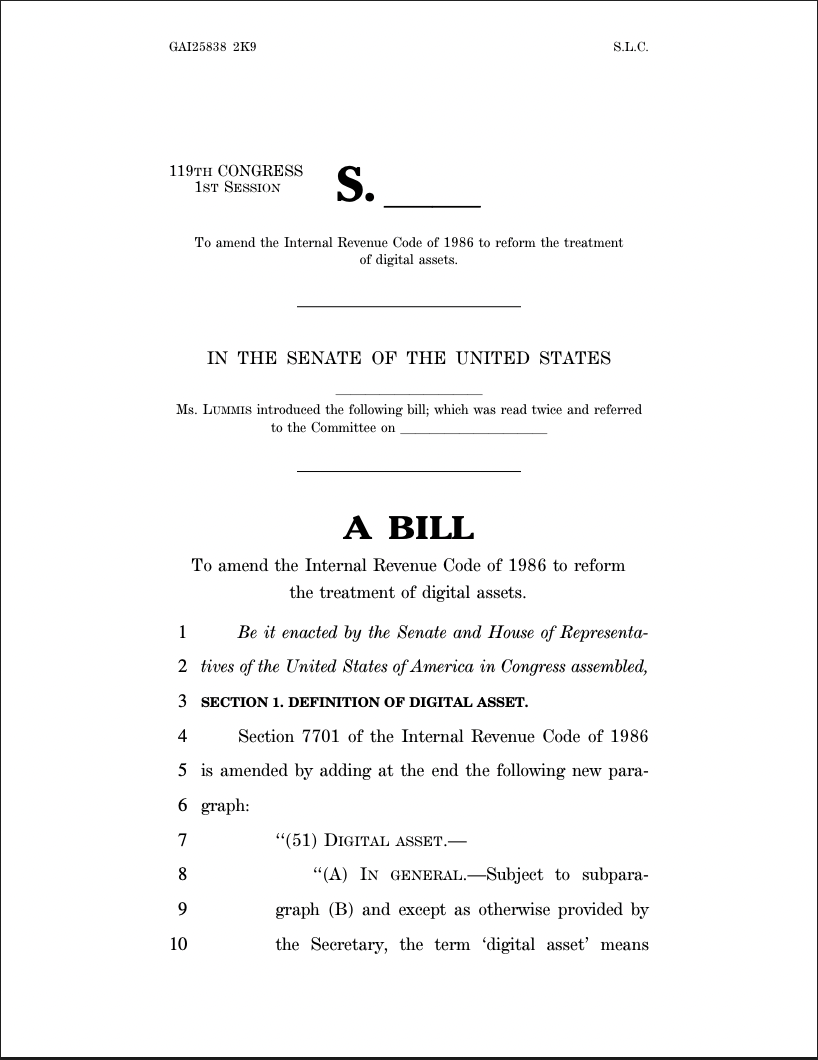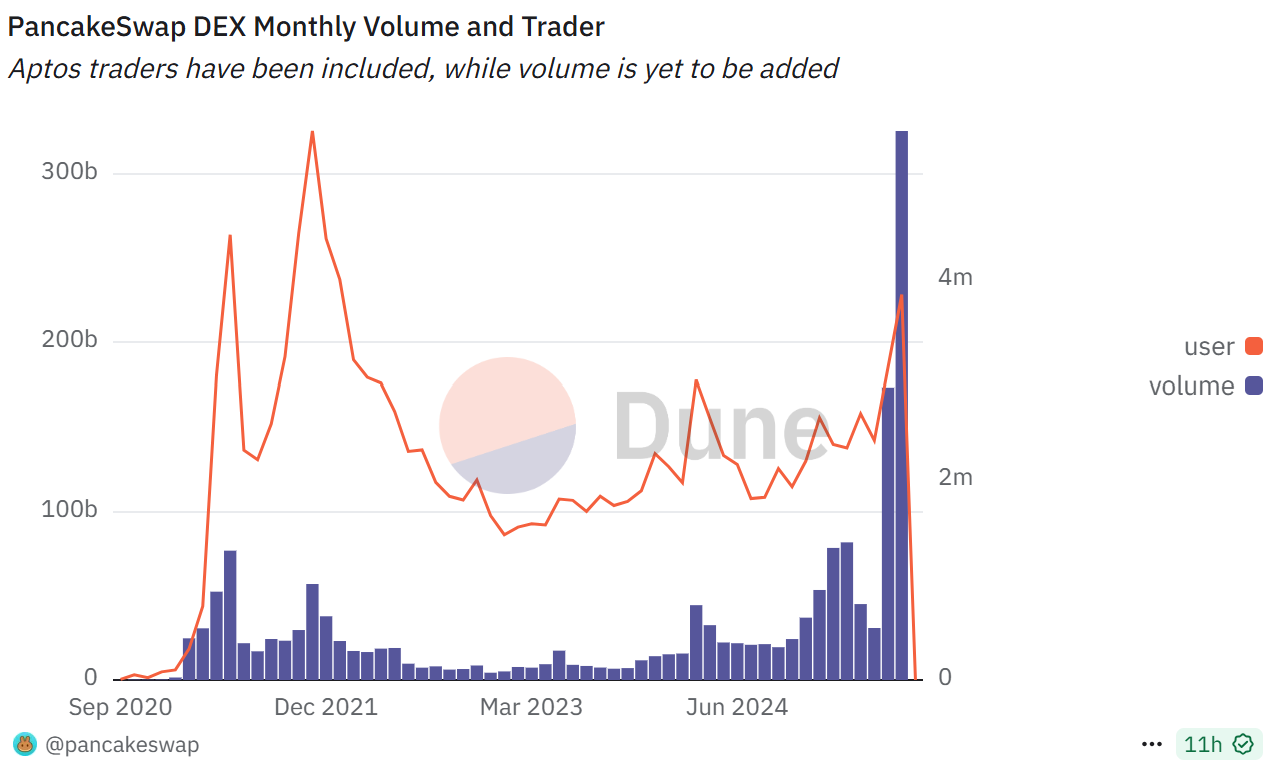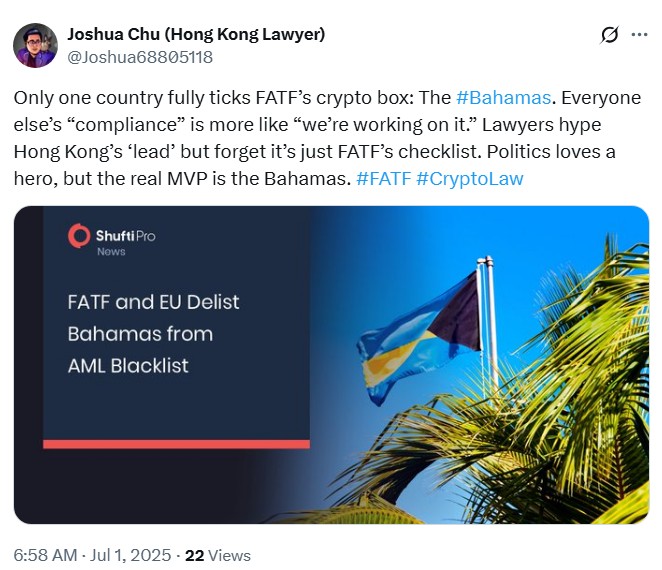
Senator Lummis‘s Crypto Tax Plan: A Catalyst for Growth?
US Senator Cynthia Lummis has unveiled a new draft bill aimed at providing much-needed clarity and relief to the burgeoning cryptocurrency sector. This legislative move comes at a pivotal moment, potentially reshaping the landscape of digital asset taxation and fostering further innovation within the decentralized finance (DeFi) space.
Key Provisions of the Proposed Legislation
The draft bill, currently circulating for review, outlines several key provisions. Most notably, it proposes a de minimis exemption for digital asset transactions, effectively excluding smaller transactions and capital gains under a certain threshold from taxation. Moreover, the bill seeks to defer taxes on mining and staking rewards until the underlying tokens are actually sold, a significant win for many crypto participants. Senator Lummis emphasizes that the aim is to create a framework where Americans can engage in the digital economy without fear of inadvertently violating tax regulations. This bill is considered her best chance at passing pro-crypto legislation.

DeFi‘s Reaction and the Broader Crypto Ecosystem
The implications of the bill extend far beyond simple tax relief. The possibility of more accessible and tax-friendly regulations can be a strong impetus for traditional finance players, disappointed with traditional banking services, to engage with DeFi protocols. The draft bill follows the earlier GENIUS Act, creating a more friendly environment for stablecoins. The impact of regulatory clarity is not lost on industry leaders like Aave Labs founder, Stani Kulechov, who highlights the opportunity for DeFi to capture market share due to dissatisfaction with traditional banking. Additionally, the tokenization of real-world assets (RWA) is identified as a multi-trillion-dollar opportunity.
Industry Reactions and Developments
The industry is already responding to these developments. Ondo Finance, in collaboration with Pantera Capital, is launching a $250 million fund dedicated to RWA tokenization. This signals a growing “arms race” in the tokenization market, with exchanges increasingly focusing on tokenized stocks and ETFs. Concurrently, the decentralized exchange PancakeSwap reported record-breaking trading volumes, spurred by recent upgrades.

Regulatory Landscape and Security Concerns
However, not all news is positive. The Financial Action Task Force (FATF) continues to scrutinize the crypto sector, hinting at potential regulatory crackdowns. The FATF is expected to publish targeted papers on stablecoins, offshore crypto platforms, and DeFi. Meanwhile, despite a decrease in the number of hacks, the first half of 2025 saw a significant increase in losses due to hacks, exploits, and scams, totaling almost $2.5 billion. This highlights the ongoing need for vigilance and improved security protocols within the crypto space.

Conclusion: A Dynamic Future for Crypto
Senator Lummis‘s bill, along with the wider industry developments, paints a picture of a rapidly evolving crypto landscape. Regulatory clarity, increasing institutional interest, and innovation are all driving forces. While challenges remain, the future of decentralized finance and digital assets appears brighter than ever.


